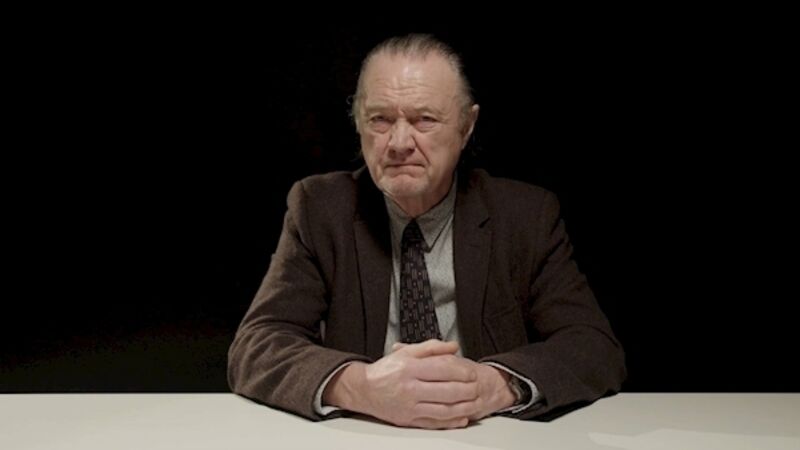Inside knowledge influences outlook

Fair City actor Tommy O’Neill drew on his own time in prison for a video installation currently on display on Spike Island, writes
TOMMY O’Neill wants to see cannabis legalised. The Fair City actor has spent 20 years playing Detective Deegan on the RTÉ soap, so maybe it’s to be expected that he would have formed a few opinions on the law, but his unexpectedly strong stance on one of the issues du jour is expressed with characteristic outspokenness.











